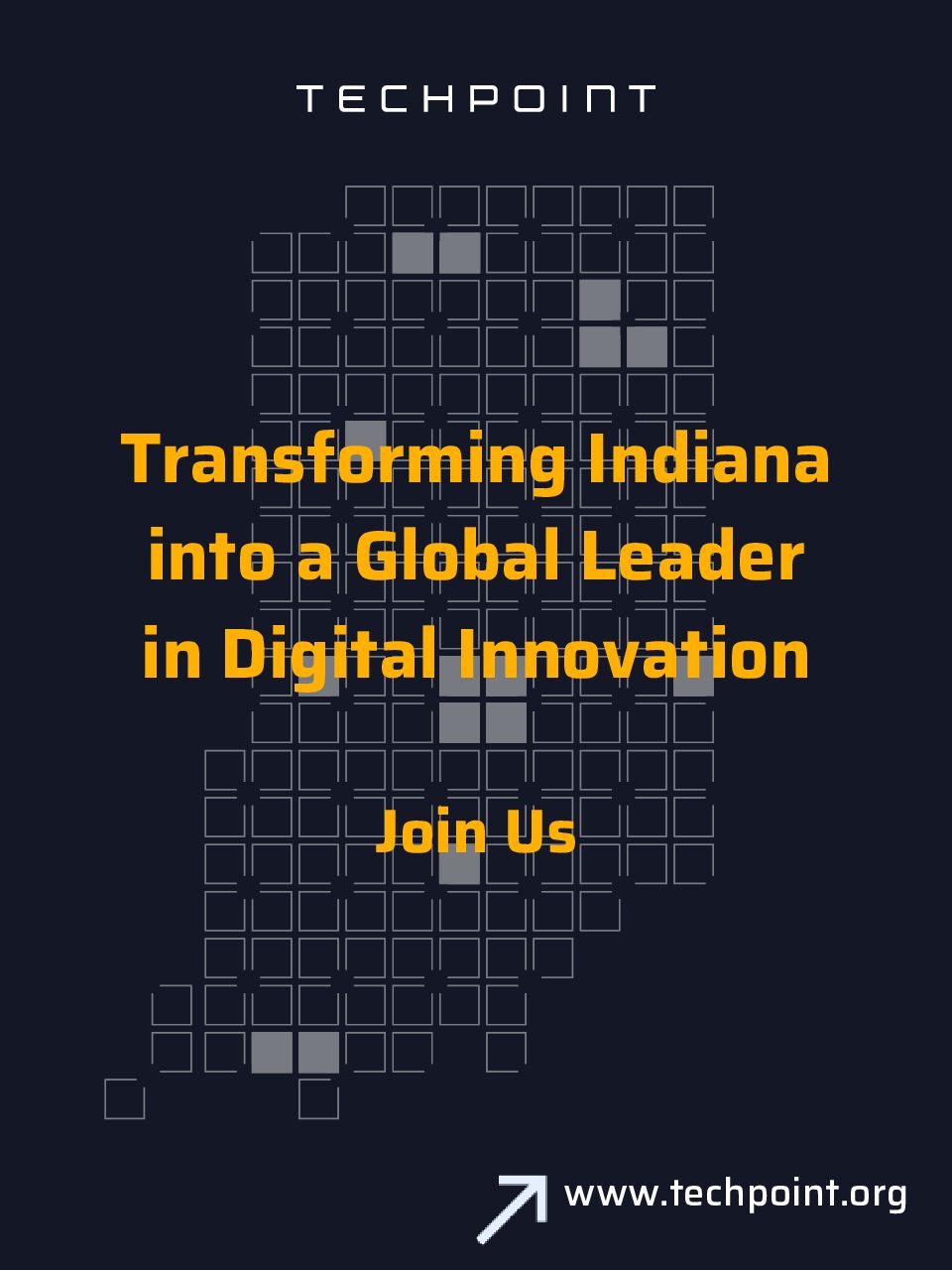hc1.com partnership with Beckman Coulter reminds me of how Silicon Valley got started
Those of you who know me know that while I love a new tech story, I also love a good history. Here is a local story that combines the two. The new tech story: While meeting with Brad Bostic, CEO of hc1.com, I learned that hc1 had formed a recent partnership with Beckman Coulter. hc1 is to be the exclusive healthcare relationship management system sold to Beckman Coulter's North American lab customers. Partnering with a global biomedical testing giant doing more than $3.6B in annual revenue is no small feat for a startup. It takes a credible, visionary leadership team to get this kind of corporate vote of confidence. Kudos to the hc1 team for this partnership and kudos to the Beckman Coulter team for making this significant bet. It takes risk-tolerance and foresight that corporate giants don't always possess to bet on smaller, high-growth companies.
Now for the history. After Brad shared the news above, I shared with him that this isn't the first time that Beckman or one of its founders made a significant bet on individuals or technology with big promise. In fact, Silicon Valley itself got its start in large part thanks to Dr. Arnold Beckman. Beckman grew up in a small central Illinois farm town, went to undergrad at the University of Illinois, got his PhD and taught at Caltech, then invented the first commercially successful electronic pH meter in 1934 and built a growing company producing this and other scientific instruments. In 1955 Beckman was contacted by one of his former Caltech students, William Shockley, about a new semiconductor technology he was developing. Beckman believed that his silicon semiconductor would prove superior to the current design using germanium. Beckman agreed to fund Shockley, enabling him to create Shockley Semiconductor Laboratory as part of Beckman Instruments in Pasadena, CA.
However, Shockley didn’t want to locate Shockley Semiconductor Laboratory near L.A. He wanted it near his ailing mother in Palo Alto, CA, which was a small town surrounded by orchards at the time. Beckman consented, and Shockley recruited teams of very talented young engineers from east coast institutions like Bell Labs, where he’d worked. Fortunately for Silicon Valley, many of those talented young engineers who later left Shockley Semiconductor Laboratory started Fairchild Semiconductor and 65 other companies, including Intel, creating the concentration of computer innovation and venture capital investment that begot Silicon Valley. Without Beckman's visionary corporate patronage and willingness to let Shockley relocate, Silicon Valley likely wouldn't be what it is today. Without which, the startup culture and venture capital investment model that we now take for granted may not exist as they do today – at least not in northern California. We have to remember that creating a startup was a crazy proposition at the time. Startup investment vehicles like venture capital firms didn’t yet exist, and people were conditioned to go to work for larger, existing operations. Beckman played a central role in seeding innovation that changed the world.
Let's hope that Beckman Coulter's partnership with our local hc1 innovators yields a sizable return both for the partners and our local tech ecosystem that hc1.com calls home.
Read more about the history of Silicon Valley and the Beckman connection.



